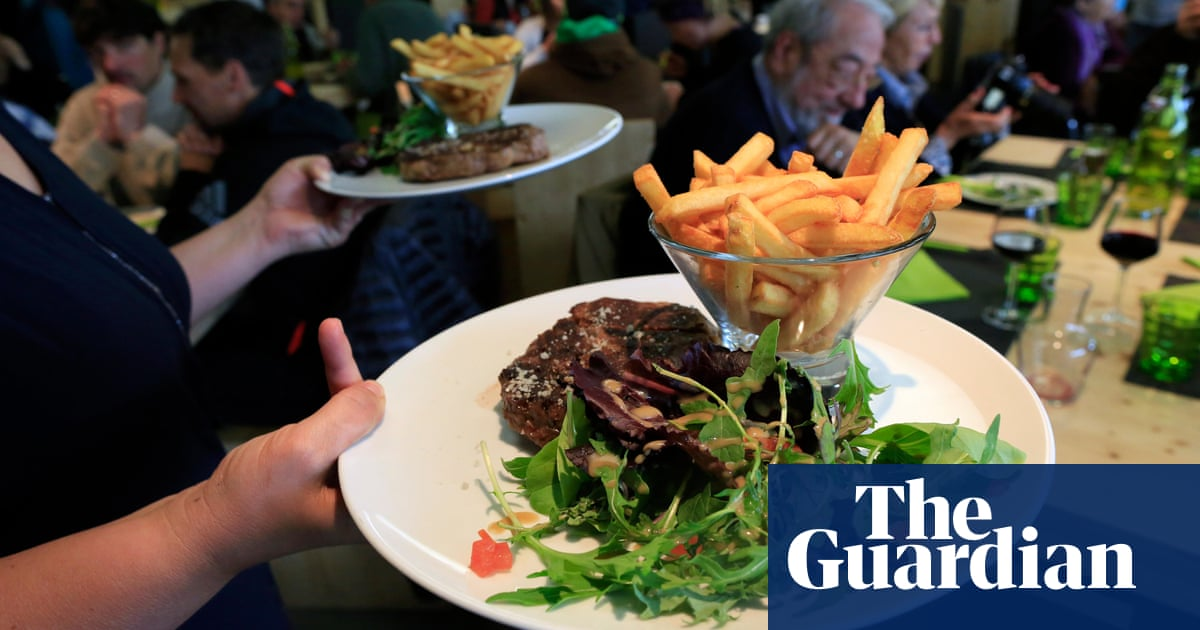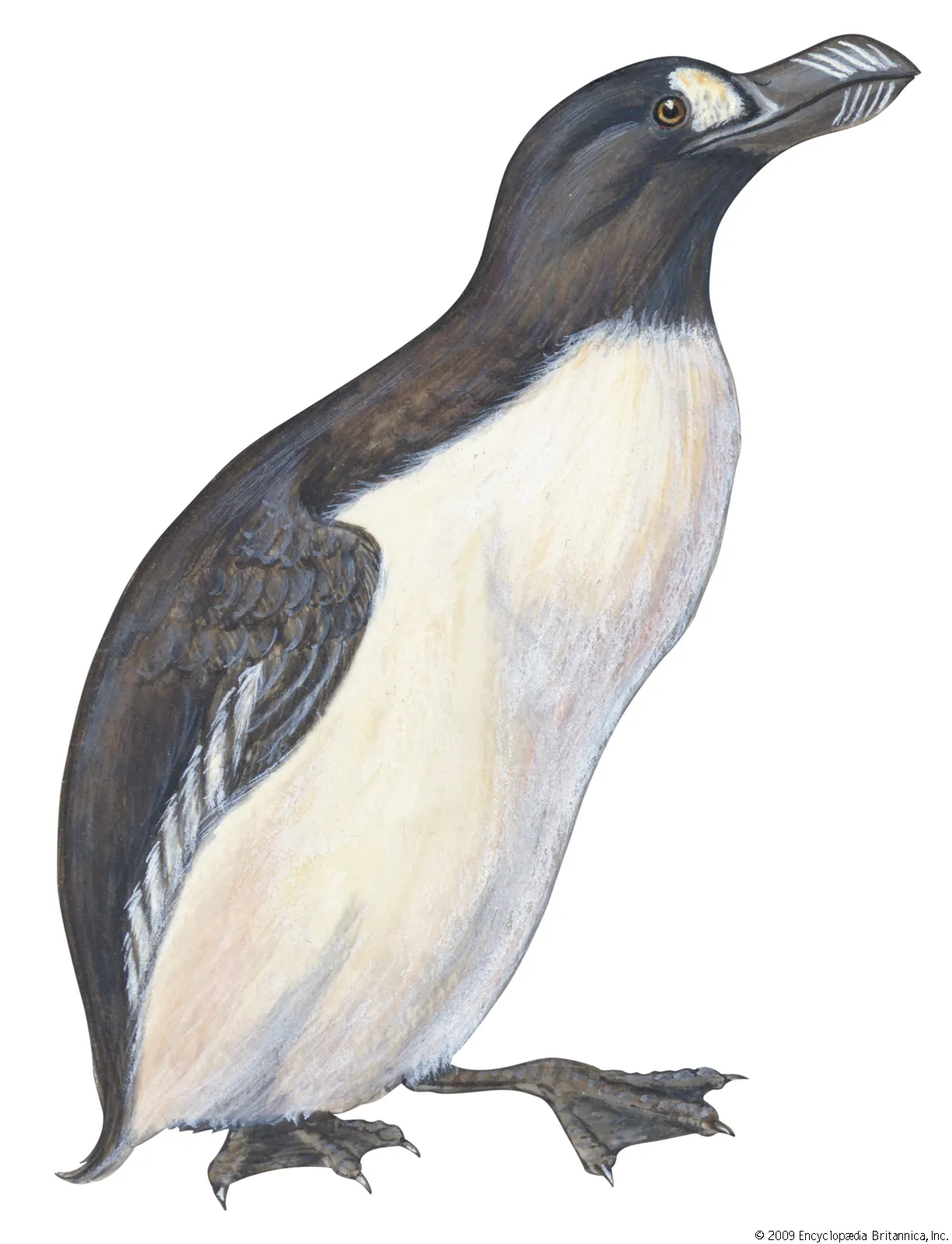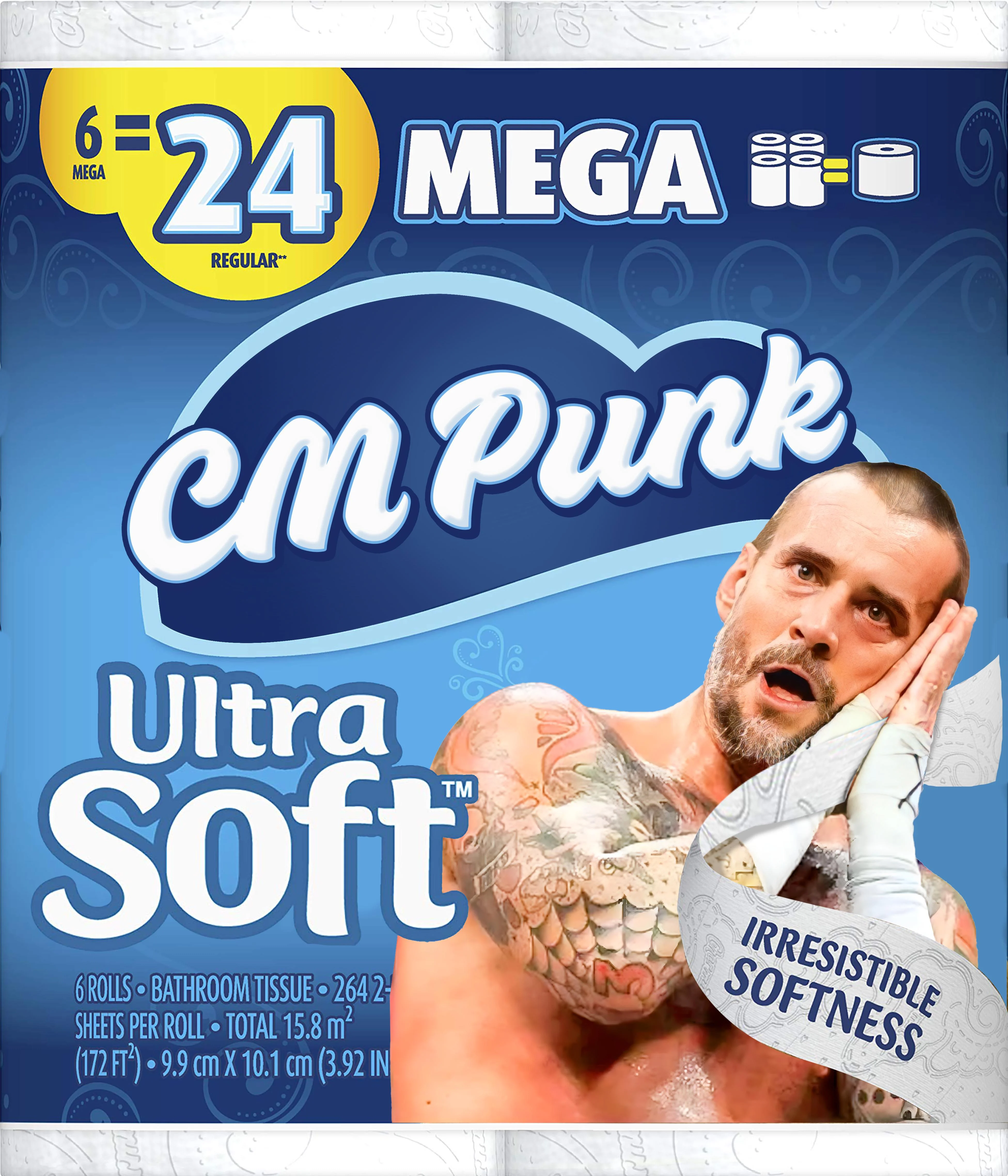No more cordon blur: France prepares to ban vegetarian products from using meaty language
deleted by creator
The point is the meat industry is afraid of competition.
One of the biggest German meat production companies started introducing vegetarian and vegan products 10 years ago - last year they made more profit from then than from their meat branch and are remodelling meat-processing factories for replacements - it’s just like everywhere - if you don’t lead or follow the change you’ll have to try to stop change itself
The shitty thing is that this culture war against replacements is also majorly fucking up our chances to combat climate change as a change away from the meat-heavy diet most people have on a population level would be one of the most effective changes we could make as a society to give us a better chance…
But saving the planet might slightly cut the rate of increase in profit for these companies.
Trading a 78% increase for 76%, but also the planet gets to live, simply isn’t worth it to them.
Seriously, what is the real-world impact here? Imagine for a second that some miracle vegetarian steak could be confused for a beef one. Why does it matter? Someone might accidentally eat a vegetable?
I’m sorry but you have no issues with a product label being misleading as long it’s pushing people to eat vegetables?
Would you have the same opinion if it was an animal steak being sold to you as “Vegan steak” ?
Point is, we don’t want misleading names for products. Imo people are actively trying to make this topic a political one when it’s a consumer protection issue.
If it’s not a steak, call it something else. It will be clearer for the consumer.
In the first case that you’re replying to, we’re using the modifier “vegetarian” in front of the word steak to note why it’s different than a regular steak. In your example, you’re putting “vegan” in front of steak and lying, because it’s not vegan. How many people are actually getting confused by a vegetarian product made to replace a meat-based one, especially considering the veggie one is likely more expensive? Meanwhile, how much more likely do you think it is that the meat and dairy industries would rather there just not be any perceived alternative to their products at all? Because that one seems far more likely to me. I know nothing of the politics of France, but those industries have tried and are trying the same tactic over here in the US.
I definitely think people can and WILL get confused by purposefully confusing packaging.
If the law says you can use vegetarian steak the producer will put an ultra large font STEAK and a minuscule “vegetarian” in front.
So laws that ban explicit sentences are absolutely useless and will be avoided in a matter of minutes.
I’m all for french people eating less meat but it will never work by “tricking” the consumers by using meat terms for vegetarian food.
And I’m not gatekeeping the meat words for it. I just think we can easily find new words for vegan products and that’s fine and avoid getting misleading products.
Personally, I have yet to come across that hypothetical package. But if that’s truly your concern, why not make standards around font size instead of the words themselves? There are laws around this kind of thing for lending rates and such to make sure that you’re not tricked into a bad loan with the “fine print”. What I see this law trying to do for the meat industry is to make it seem as though there’s no substitute for the product they offer, even though there is. It’s different, but it’s an alternative that they’d rather brush under the rug.
Oh I’m sure the incredibly powerful lobby you are speaking about will be totally fine with a law dictating the way they style and display their packaging.
Also the pure nightmare of implementing in law what you say for a wide range of products. Let’s say I want to sell an individual vegan “steak” but I can’t put a large packaging just for the label ?
Also, the purposefully misleading labels in the food industry is already pretty common so I think I’m not exaggerating when I say than any gap in the law will be abused.
And it’s again extremely difficult to protect one single word without it’s context.
For instance, in steaks we usually try to have the amount of fat in it because it gives you an indication of the amount of actual meat in your steak. Because I could wildly vary the amount and sell you 0.1% meat steaks that is actually vegetables which is much cheaper. It is not the first time that the food industry has tried to sell litteral fake meat. It’s an expensive product and if you can make it for cheap and keep at the same price it’s obviously worth it.
What I genuinely don’t understand is why vegan products are trying so hard to look like non vegan products?
Is it important for a bunch of vegetables composition to be called a steak ? If anything I would think a vegan product would want to stand out from standard meat ?
You won’t convert to veganism people by selling them fake steaks. It doesn’t work.
You achieve so much more teaching kids that eatings meals without meat is fine and we are starting to do it in schools.
But thinking someone that ate meat all his life will become vegan because he found this wonderful vegan steak is imo quite delusional and missing the point.
Food industry wants to sell you a product not matter how. Less restrictions for them is not a good news.
Oh I’m sure the incredibly powerful lobby you are speaking about will be totally fine with a law dictating the way they style and display their packaging.
I don’t care what they’re okay with. They’re okay with passing this BS law as though it’s solving their fictional problem, because the actual problem is that they’re losing money to alternatives people are choosing on purpose.
What I genuinely don’t understand is why vegan products are trying so hard to look like non vegan products?
For the same reason there’s non-alcoholic beer. It’s accepted as a social norm that creates what Warren Buffet would call a “moat” around their business, like the barbecue. If everyone else is eating burgers and hot dogs but you have a moral issue with eating meat, you can still partake. Maybe you hate that so much of our food comes from animals but you really like cheese, so you’ll deal with something that gets 80% of the way there. Beyond and Impossible are two businesses that exist specifically because people care about the burger taste but would love to do so without killing a cow to get there.
Is it important for a bunch of vegetables composition to be called a steak ? If anything I would think a vegan product would want to stand out from standard meat ?
It’s important that they know they’re getting something that approximates a steak, and it stands out by putting the word “vegan” or “plant-based” or “vegetarian” in front of it, but this legislation hurts that.
You won’t convert to veganism people by selling them fake steaks. It doesn’t work.
I don’t think it was ever their business model to get people who wanted a meat steak to buy the veggie version. But it is there for people who want to be vegetarian and would miss being able to eat a steak.
If it’s not clear to you when seeing the product in supermarket you are literally too stupid to get your own groceries.
I really don’t see the problem with honesty in product marketing, aside from the fact that it should be 100% and not limited to artificial meat products. That said, a ban doesn’t seem like the best idea, because it limits your ability to describe the product. How do you describe artificial spare ribs concisely, without being able to say the words “spare” and “ribs” together?
And just because artificial meat isn’t indistinguishable from the real thing at the moment doesn’t mean:
- Manufacturers aren’t dressing up the packaging in a way that makes it difficult to tell the difference. And not even necessarily in order to be deceitful, but rather to make it look appealing, and get more people to try it.
- When you’re tired, and hungry, and just want to get back home from a shopping trip, you accidentally choose the wrong package because the identifiers don’t stand out sufficiently. I can’t tell you how many times I’ve accidentally bought something with artificial sweetener, after staring right at the two options, and registering that I don’t want the one.
I wish we could just get past the loud, over the top design language of literally everything. Every time I leave the house, it’s an assault on my senses, everywhere I turn.
Terms like ‘steak’, ‘grill’
I get the reasoning behind wanting a clear distinction between animal products and alternative products, but ‘grill’? In my understanding, a grill is the appliance you cook (or, in this case, grill) your food with. You can grill vegetables. So why would they ban ‘grill’?
Because the rich and powerful meat lobby wants to make life hell for their meat free competitors. The only logic here is money.
At least in German, there’s even a term that translates to grill vegetables. Meaning zucchini, eggplant, …
That’s a bit rich coming from the people who call a potato a ground apple.
Let me guess, you belong to the people who call an ananas a pine apple?
In the future, please do not editorialize titles unless the title is clickbait and you’re providing a title which isn’t.
I looked through the Giant Instruction Manual of Lemmy for this and I couldn’t see any recommendations about titles but I’ll change it for you if I can.
Is anybody out there buying vegan stuff thinking it’s meat? Read the label. You should be doing that anyway.
honestly if people don’t notice it’s vegan that company fully deserves to call it meat, more power to them.
Removing “grill” is fucking stupid.
Vegetables can been grilled, too. I can understand “steak” and “spare ribs,” but “grill” is not about the food; it’s the cooking method.
Rare French W.
If you wish buy plant based “meat” you should be free to do that, but calling “steak” what clearly isn’t is just trying to fool the customer into buying something they’re probably not interested in purchasing.
Have you ever been confused by coconut milk? Do you think that hamburgers come from Hamburg? Are sweetbreads made from wheat and sugar?
The worst part is that often people telling you what milk should be or not don’t even know how the milk they drink is made or where it comes from. The number of non vegan people who think cows “just make milk” all the time for free and that it’s carefully harvested by a dude while rubbing her back when the reality is so drastically more horrifying.
Exactly. If they want honesty in labelling then images of happy cows in fields on dairy products should be replaced by pictures of young calves being pulled from their mothers so they don’t consume the milk.
Oh come on, let’s at least be honest about that (I say as someone who doesn’t drink milk anymore)
Lactating cows will continue to lactate so long as someone is taking the milk, the calves are not getting some type of despicable treatment by being weened off.
…that treatment comes after, in the slaughterhouses
Do you think that hamburgers come from Hamburg?
…perhaps?
The earliest known burgers I have read about were made and sold as roadside snacks in the Roman empire.
Right given all the options I’m waiting more willing to pick that one than the one that involves ham being involved.
- No
- Yes
- I would have guessed that, yes. I guess I just learnt a new word lol
Coconout milk would be confusing if they didn’t put a picture of a coconout on the label and made it evident that it what you are buying isn’t actually milk. I simply believe this same reasoning also extends to meat and any other products that may have a plant based alternative.
Coconut milk also isn’t actively trying to replace milk, which isn’t true of the other products.
this is exclusively about protecting the meat & dairy industry. nothing more.
It was definitely less confusing when vegetarian products always had green packaging, and meat did not. If manufacturers aren’t going to be consistent in their colour-coding, then there needs to be more clarity on the language. I’m a vegetarian, and I regularly have to double check what I’m buying because I don’t want meat, and when both are packaged in orange-and-white and both called exactly the same thing, with the plant-based one only having a smaller sub-title stating it’s plant-based, that doesn’t make my life any easier either.
Clear packaging and labelling benefits everybody here.
They don’t do it like that because there’s a large portion of the population that wouldn’t buy an orange if it had a sticker proclaiming it was vegan, because, “did you see the sticker? Who knows what’s in that thing”
Eh I hadn’t really considered the flip side but it makes sense, it’s also a problem the other way around for vegetarian folks wanting to be able to spot vegetarian products at a first glance, yeah.
I live in France. I have never encountered any instance of misleading packaging. No one is being fooled. This is a bullshit excuse made up by bullshit people. The meat industry is an extremely powerful lobby here, as is industrial agriculture, and this government is bending over backwards to accommodate their every whim.
Do you buy “steak” as in a generic description for something from any animal, or do you buy bison, camel, goat or horse steak? I have only seen plant based steaks or schnitzel where it has it in the name. “Plant based product” or “product based on soy/pea”
To be fair I hardly ever buy packaged meat so I’m not sure how their labels would look. Though I would expect the plant industries would try and pass their plant based product as the real thing, to trick omnivorous people on buying it instead, so they would write “plant based” or whatever as small as possible if at all (depending on food regulations in the country they are selling it in, of course).
I guess such an assumption would base itself in vegetarian people being more careful with what they buy, compared to normal people, otherwise they’d be tricking them too.
I am in strong favor a big prominent “contains animal products” label. It would make live so much easier.
It would make life easier in the same way if the words used to describe meat weren’t then also used to describe plants pretending to be meat
…you’re essentially supporting the intent behind this legislation
No, I am against the prohibition of common terms, I advocate for a stricter declaration of ingredients. “Milk” alone could be milk from any mammal, cow, goat, human. Steak could be a cut from any animal, that is why a the animal it is from is declared. Oat milk is called milk since centuries but now the industry fears competition and is publishing propaganda and pays lobbyism for restrictive laws.
Right, but ‘steak’ does mean a little more than that. It also would indicate a particular kind of cut of meat, which would generally indicate minimal connective tissue, tenderness, location, etc. Now, you could say “well, all that is irrelevant to this discussion”, but to an extent is really is relevant. We are talking about how word meanings are being changed and how that influences consumer choice. Imagine if we started to see companies using the word 'vegetarian ’ in a way that simply meant ‘containing vegetables’, regardless of meat content. Already terms like ‘organic’ are nearly meaningless in some markets. This sort of thing happens.
Imagine a company creating a half-meat and half-plant based burger and calling the product ‘Vegan Beef’. Who could be confused, some might argue here, about this product? - it has ‘beef’ right in the name.
Strict guidelines can also protect consumers.
To return to the original point, the term ‘steak’ in a food context has already become nearly meaningless (or at least has so many conflicting meanings that it has lost most of its usefulness). ‘Milk’ is heading that way. ‘Organic’ is without much meaning in the US. Would you like ‘meat-free’ labels allowed on foods that had absolutely no muscle-tissue content, but did contain animal organ, bone, and fat content?
Right, but ‘steak’ does mean a little more than that. It also would indicate a particular kind of cut of meat, which would generally indicate minimal connective tissue, tenderness, location, etc.
So as long as it has “steak” written on it you just care that is any animal with those properties?
Would you like ‘meat-free’ labels allowed on foods that had absolutely no muscle-tissue content, but did contain animal organ, bone, and fat content?
I want a strong indicator that a product contains any animal products. There are already many labels for plant based products but none are required by any law.
They’re not even on the same shelves, there was never any confusion possible, just like people don’t think “fruits de mer” are fruits or “lait de corp” is milk. This is just a completely meaningless power move from the lobbies but to be clear it is not in response to people overwhelmingly being tricked into gasp eating healthy products. Now it’s the other way around and it’s confusing for vegetarian/vegan people because stuff like soy milk is now labeled “soy drink” and is shelved next to the ACTUAL soy drinks with sugar and stuff in it, and so on.
Just because it’s plant-based doesn’t mean it’s healthy. You can load up a veggie burger with all sorts of stuff that might have other benefits, but it’s not health food. But otherwise, yes, this has lobbies written all over it.
deleted by creator
As soon as we conceded “milk” for plant milks we were setting off on a long path of bullshit. If something is designed as an alternative to something it should be able to explain it’s designed purpose.
Wasn’t there an EU court case a couple of years ago that determined that supplements are allowed use meaty language?
Call any vegetable. Just don’t call it “meat”.
🤖 I’m a bot that provides automatic summaries for articles:
Click here to see the summary
The French government has said it is preparing a new decree against meaty terms like “steak”, “grill” and “spare ribs” being used to describe plant-based products.
Its latest decree is “an issue of transparency and honesty responding to the legitimate expectations of consumers and producers”, agriculture minister Marc Fesneau said in a statement on Monday.
Farmers and firms in France’s meat supply chain have long militated against terms like “plant-based burger” or “vegan sausage”, claiming that they confuse consumers.
However, over 120 meat-associated names such as “cooked ham”, “poultry”, “sausage” or “bacon” will still be authorised provided that the products do not exceed a certain amount of plant proteins, with percentages ranging between 0.5% and 6%.
Guillaume Hannotin, lawyer for the Proteines France organisation representing makers of vegan and vegetarian alternatives, said the term “plant-based steak” had been in use for more than 40 years.
He argued France’s new decree still contravenes EU regulation on labelling for products which – unlike milk – lack a strict legal definition and can be referred to by terms in popular use.
Saved 46% of original text.

















